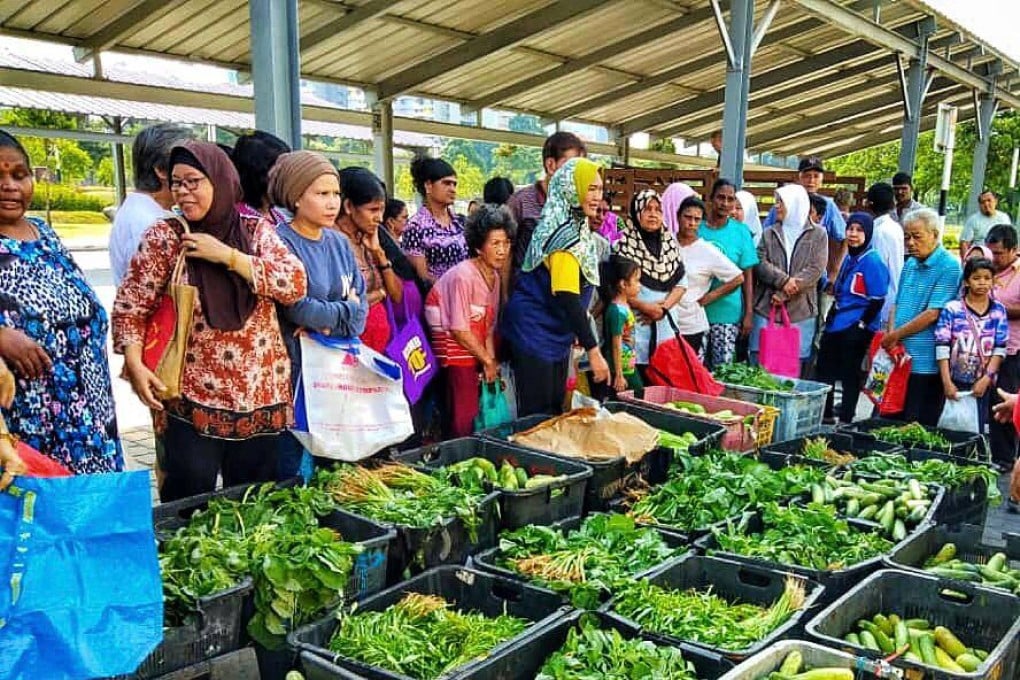Advertisement
Malaysia’s Lost Food Project hopes to feed those in need and fight climate change, one meal at a time
- The organisation’s work is sorely needed during the pandemic-fuelled economic crisis – it serves 33,000 meals a week to charities and families as job losses mount
- It has also been recognised by environmental activists for its efforts in reducing food waste, a major contributor to greenhouse gas emissions
Reading Time:4 minutes
Why you can trust SCMP

When Malaysian retirees Adeline Chang and Zai Saimon began volunteering with a tiny non-profit group called The Lost Food Project in 2016, they never imagined the scale of their work on behalf of the poor could be tangibly measured – let alone in terms of saved greenhouse gas emissions.
Five years on, the organisation has risen in prominence because of its crucial efforts during the debilitating pandemic-fuelled economic crisis, with climate activists taking an interest in its operations.
The Kuala Lumpur-based group “rescues” unspoilt food from markets and manufacturers that is otherwise headed for landfills, and directly diverts it to needy residents and charities.
Advertisement
The premise is not unique; founder Suzanne Mooney was inspired by similar work done by the widely recognised DC Central Kitchen in the American capital of Washington as well as FareShare in Britain.
But in food-obsessed Malaysia, where wastage levels have been alarming for years, there are rich pickings for such a food-bank model.
Advertisement
Advertisement
Select Voice
Choose your listening speed
Get through articles 2x faster
1.25x
250 WPM
Slow
Average
Fast
1.25x